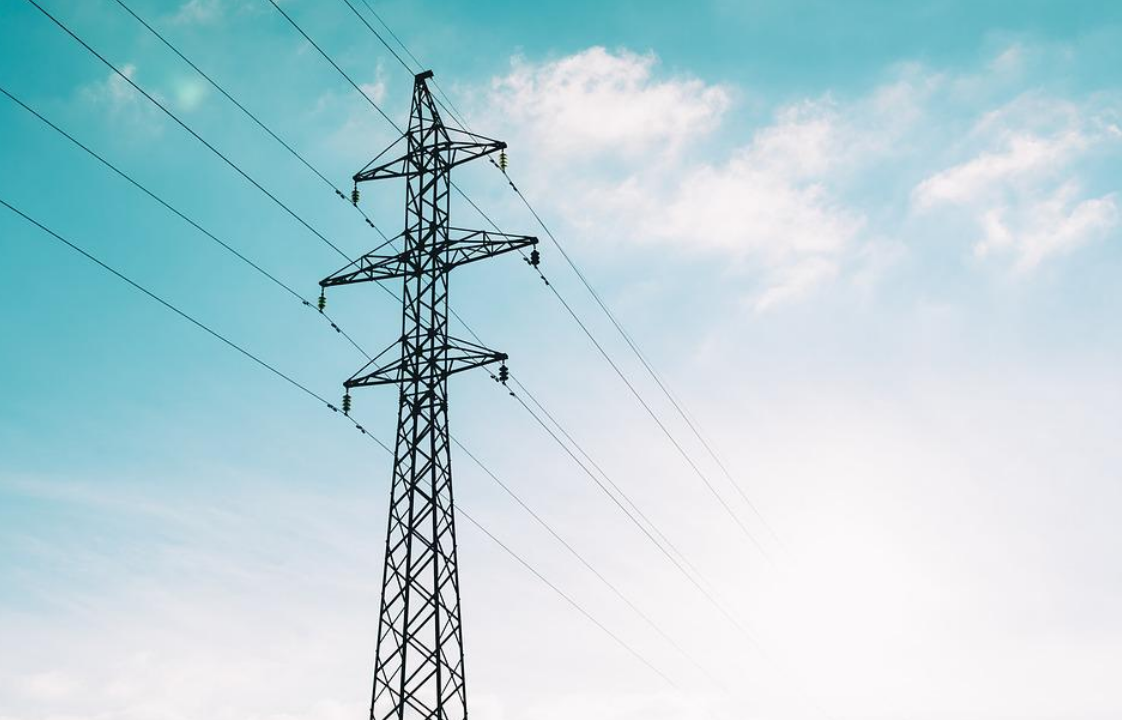Battery storage has the potential to reduce electricity bills by €35 million this winter, according to a report published today (Wednesday, November 16).
Energy Storage Ireland said that this projection is dependent on storage projects being given the green light to compete in the wholesale energy market.
The representative association for energy storage operators said that over 670MW of battery storage capacity is installed across Ireland and Northern Ireland.
Battery storage developments use lithium-ion batteries to store electricity, the same technology used in smartphones or in laptops.
Current regulations mean that battery storage projects are not allowed to sell the power that they hold.
Instead, they are kept on standby to respond if there are problems on the electricity grid.
Electricity
The Protecting Consumers report, written by consultants Baringa, determined that enabling battery storage to compete in the electricity market during periods of high demand would reduce prices for consumers.
The analysis shows that the savings would equate to €26 million in Ireland and €9 million in Northern Ireland from October 2022 to March 2023.
The report also outlines that such a move would reduce Ireland’s dependence on imported fossil fuels.
The consultants said that the Transmission System Operators (TSOs) on the island of Ireland, EirGrid and SONI, could keep half of the current installed batteries on standby during times of peak electricity demand, in case they are needed.
Commenting on the report, Bobby Smith, head of Energy Storage Ireland, said:
“Battery storage projects are the back-up to the electricity system, helping to ensure a secure and stable electricity grid, but this report shows they can do much more.
“The current rules block battery storage projects from selling their power. This means more gas on the system and higher bills for families this Christmas.
“With no additional investment or structural changes needed for this, change can be actioned immediately to unlock this potential cost saving for households and businesses,” he said.
